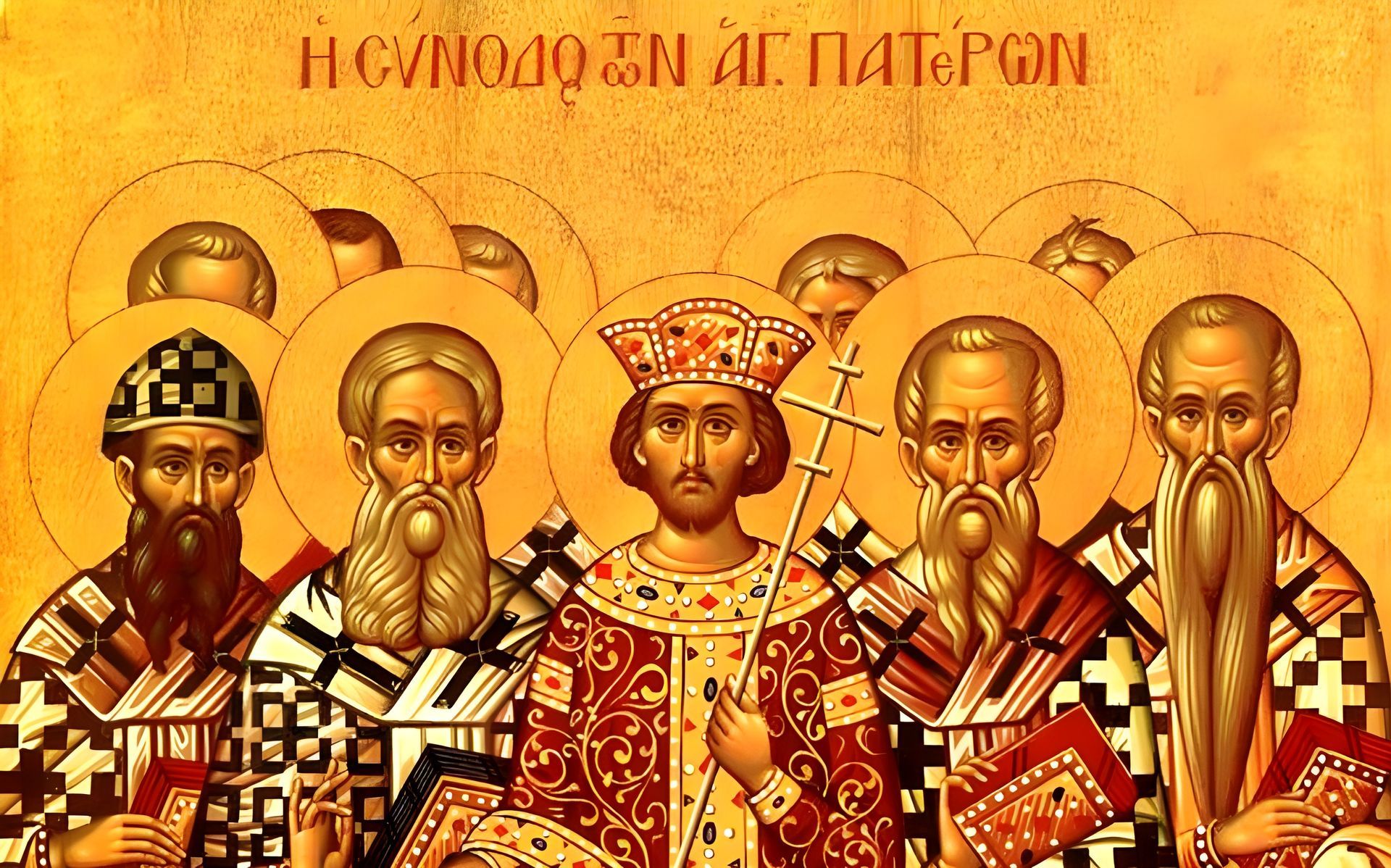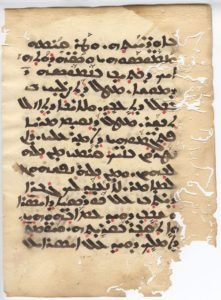
2025 ASCH Book Prizes
The ASCH has recently announced four new winners of its most prestigious prizes: the Philip Schaff Prize, the Albert C. Outler Prize, the Frank S. and Elizabeth D. Brewer Prize.
The American Society of Church History is a community of scholars, dedicated to studying the history of Christianity in relation to broader culture, across all time periods, locations, and cultural contexts.
Learn MoreWho Should Join the ASCH?
Our members represent every facet of scholarship. We welcome practitioners of all backgrounds, whether you are a professional academic, graduate student, seminarian, clergyperson, primary or secondary school teacher, or an independent scholar.
The ASCH seeks to foster a diverse and inventive community by hosting conferences, publishing Church History: Studies in Christianity and Culture, maintaining an active digital community, and sponsoring awards for excellence in scholarship.

ASCH Meetings
The ASCH hosts an annual meeting every January, where its members have the opportunity to present research and network with fellow scholars.
Become A Member Today
The ASCH hosts an annual meeting every January, where its members have the opportunity to present research and network with fellow scholars.